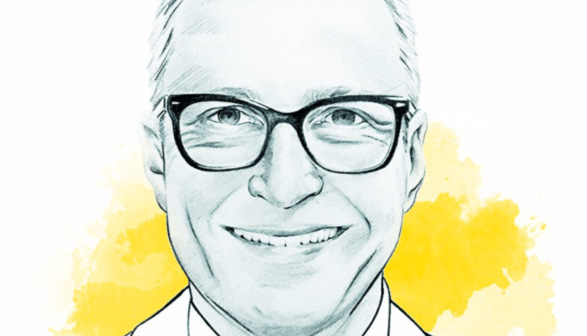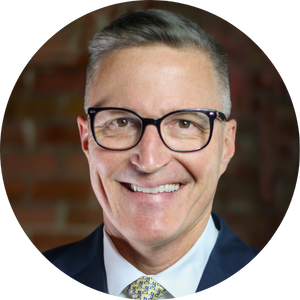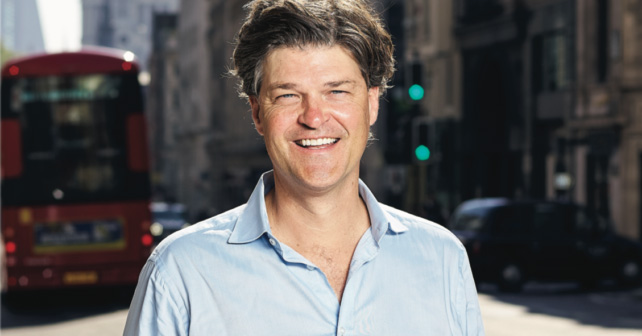Former McDonald’s US marketing chief Deborah Wahl knows that purpose is a powerful motivator for teams – but it has to come from a genuine place in an organization.
College and business school reunions are ripe for, well, reunions. At my recent business-school reunion, I encountered my long-time friend Deborah Wahl, who had just completed an impressive stint as the head of US marketing at McDonald’s, one of the world’s most recognizable and beloved brands. Wahl’s shift at the fast-food giant came on the back of a glittering career in marketing: she made chief marketing officer of Chrysler and VP marketing for Lexus, among other key roles across the automotive sector.
Wahl’s magic is her ability to shape a purpose that works across conflicting spheres, in the context of strategy and wider business goals. She faced a huge task at Mazda when she had to align Japanese, European and American perspectives – no easy task given that each market has vastly different dynamics and consumers. “We settled on Mazda’s purpose offering ‘The soul of the sports car’,” she told me. Her successor then picked up the mantle with a legendary marketing campaign. “It formed the basis of the famously effective ‘Zoom Zoom’ ad – it was an inspiring message that everyone could understand.”
Wahl reveals that Zoom Zoom helped Mazda shape its strategy. “It helped us articulate what should be ‘in’ and what should be ‘out’,” she said. It also inspired the famous advertising campaign that differentiated the brand for over a decade.
Wahl stressed that purpose works as an accelerator of teams and organizations when placed in a wider business context. At McDonald’s, the company shaped its purpose around ‘honest food’, helping it answer the public’s concerns transparently when it faced pressure over ingredient sourcing and healthy eating. “It was motivating – but in a complex business it’s not enough to be motivating,” she said. “You still have to continuously improve customer service and restaurant operations. You still have to get your digital strategy right. So we pivoted away from that and readopted the corporate purpose which works much better – ‘making delicious, feel-good moments easy for everyone’.”
Fascinated by her experience, I asked Wahl what lessons she took from it. “Purpose should help you get back to your core, not away from it,” she told me. “Ford always had this tension, too. We were under constant pressure to move to small, efficient vehicles, but we had to remember that, at Ford, the trucks and SUVs are key business drivers. Strategy and purpose must recognize the core.
“So when you craft your purpose, you have to start by looking at who you are as a company, who your core customers are, what you really deliver well and what they value. You should never get too detached from that. Where a lot of companies get stuck, is they stay there and don’t take it to the next level. For example, the McDonald’s principles of service, value and convenience are core to the brand. Defined in those terms, it’s not necessarily motivating at a human level, but it’s definitely helpful. So it’s a good starting point, but purpose must go further to inspire. My advice to anyone embarking on a purpose project is to start with the fundamental business drivers. Purpose cannot and should not exist in isolation.” Wahl’s testimony provides a key lesson in what, as she puts it, “is coming down the road for leaders”. Wahl, being the Great Mind she is, zoomed there first.
Michael Chavez is global managing director of Duke Corporate Education.




